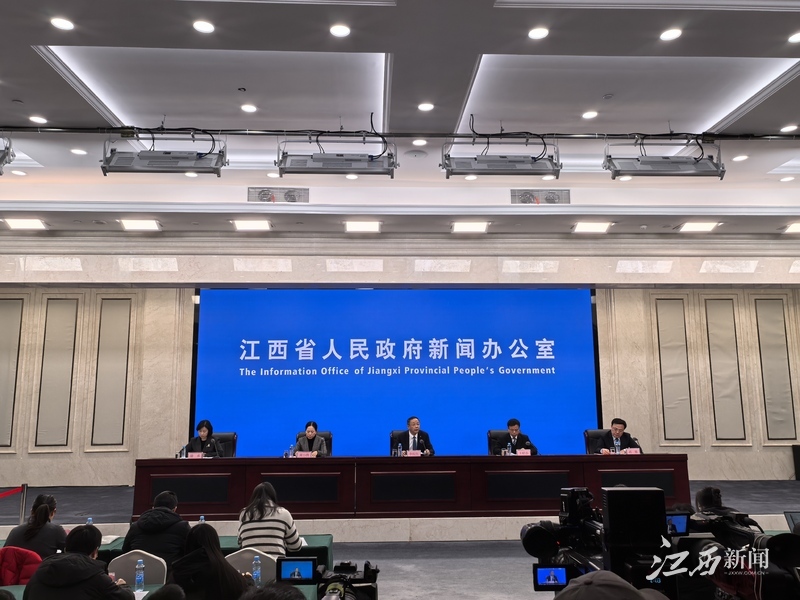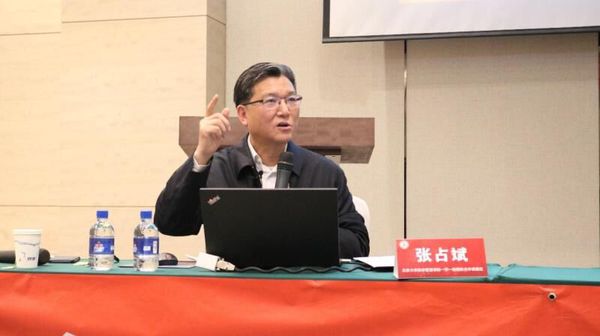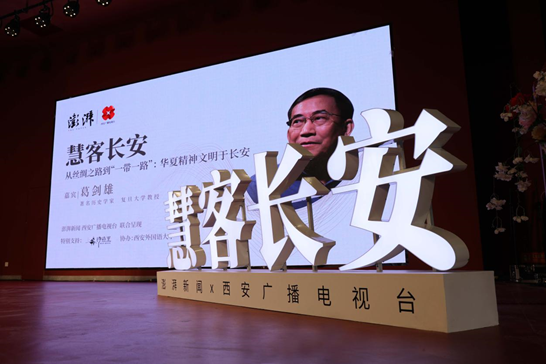The "Kneeling Tribe" Appears: Why Do We Have To Fight The United States In The Tariff War? Every Sentence Is Just Like Meandering Around
The "Kneeling Tribe" Appears: Why Do We Have To Fight The United States In The Tariff War? Every Sentence Is Just Like Meandering Around
The "Kneeling Tribe" Appears: Why Do We Have to Fight the United States in the Tariff War? Every sentence is about being stubborn, tough, kneeling, trade war, tariff war, US President Trump
The tariff war between China and the United States has become heated again. Trump made big moves not long after he took office. Starting from February 2025, the United States first added a 10% tariff, and then upgraded it to 20%. China is not idle either. On March 4, it added a 15% tariff on American coal and liquefied natural gas, and a 10% increase on oil and agricultural machinery. This happened one after another. By April 2, the United States directly raised the tariff to 54%, and China followed up with 34%. A few days later, the United States increased it to 104%, and China retaliated by 125%. At its peak, the U.S. tariff reached 145%.
There are discussions everywhere on the Internet. Some people support being tough, while others start to mutter, why do you have to be so stubborn? Why don't you just give in? This group of people is called the "Kneeling Clan" by netizens, which means they want to kneel down and beg for mercy whenever something happens, thinking that they can live a good life by being tolerant. But what is the actual situation? The kneeling people's ideas are too naive, and every word sounds short-sighted and ignores the long-term interests of the country and the lessons of history.

Let’s first talk about the ins and outs of this tariff war. It started when Trump first became president in 2018. The United States increased tariffs, and China retaliated in kind, causing chaos in the global supply chain. In 2025, Trump came to power for the second time and announced an additional 10% tariff on February 27, which took effect on March 4. The issue of fentanyl was also involved. China did not back down. On March 4, it increased taxes on major U.S. agricultural products by 15%. It also suspended the import of soybeans from three U.S. companies and stopped the import of lumber. On April 4, China imposed a 34% increase on all U.S. imports, which rose to 84% on April 9 and to 125% on April 11. The United States threatens to increase tariffs by 50%, but China demands that tariffs be removed before negotiations can begin.
As a result, by April 24, China began to study exemptions for U.S. exports, such as aerospace parts and chips. On May 12, both sides agreed to reduce tariffs, to 30% for the United States and 10% for China, with a 90-day review period. Negotiations were held in Stockholm on July 28-29 to extend the truce. On August 11, Trump extended it for another 90 days, to November 10. China resumed rare earth exports, and the United States lifted export restrictions on chip design software and ethane. This process shows that forcefulness is not about acting recklessly, but about fighting and negotiating to gain a favorable position.

Why do you have to be tough? Because giving in is asking for trouble. The excuse for the U.S. to increase tariffs is trade deficit, intellectual property rights and technology transfer, but its essence is to contain China's rise. As the world's second largest economy, China has a complete industrial chain and relies on the U.S. market for its exports. However, if it gives in, it will have to accept unilateral terms, such as forced technology transfer review and market access restrictions. Not only would the economy be damaged, but sovereignty would also be lost. Historically, after Japan surrendered after World War II, the work hours during reconstruction were stretched to 12 hours, and then they slowly picked up. The price paid by the defeated countries is huge. If China gives in now, the entire Asian economic circle will suffer.
Think about it, the United States attacked its allies first. Canada, Mexico, and Europe were all slapped with tariffs. Trump even publicly called the country begging for mercy "my ass." His strategy is to offend trading partners first, and then increase taxes indiscriminately. In the political-business complex, business is the mainstay, and politics is supplementary. In a few days, the tariffs are increased to three digits, and the United States itself loses trillions of dollars. This is not a professional political operation, but a businessman's style. China's toughness is based on reciprocal countermeasures based on strength and will not be misunderstood by the whole world, because the international consensus is that someone needs to stand up to balance the US bullying.
Kneeling people always like to say that countermeasures affect personal income, such as more expensive materials and less work. This sounds down-to-earth, but it's too selfish. International games are double-edged swords, and forces interact with each other. To complain about one's own defense first is to acquiesce that the enemy must endure unreasonable conditions. Can tolerance be exchanged for comfort? History proves it doesn’t work. From the founding of the People's Republic of China to the present, China has gone through many ups and downs to reach its current position. The nuclear submarine project is an example. Huang Xuhua was born in Shanwei, Guangdong on March 12, 1926. He was admitted to the Shipbuilding Department of National Chiao Tung University in 1945 and graduated in 1949 to stay at the school to teach.

In 1958, he was transferred to the nuclear submarine team and remained anonymous for 30 years, cutting off contact with his family. In 1970, the first nuclear submarine was launched, and he personally went on board to test it. He served as deputy chief designer in 1979 and took over as chief designer in 1983. He contributed to the Type 091 attack nuclear submarine and the Type 092 ballistic missile nuclear submarine. He was elected as an academician of the Chinese Academy of Engineering in 1994, won the National Moral Model in 2017, the Medal of the Republic in 2019, and the National Highest Science and Technology Award in 2020. Died on February 6, 2025, at the age of 98. His dedication symbolizes self-reliance. If he had knelt down at that time, where would these achievements have come from?
The Kneeling Clan ignored the sacrifices of these seniors and always felt that the small profits in front of them were the most important. But in the trade war, the stability of the industrial chain was maintained. After the tariff upgrade in 2025, China turned to its "Belt and Road" partners, increased investment in Vietnam and Malaysia, accumulated cargo at ports, turned to domestic consumption, and accelerated the production of electric vehicles and chips. The trade volume fluctuated. U.S. exports to China fell by 2.9%, imports rose by 2.7%, and the deficit expanded. China's record-breaking surplus proves that it has not let the economy collapse. On the contrary, if it kneels down, the United States will push further and its allies will not sympathize. The Trump team is a grassroots team. Musk wants to cut down the federal government and cut off all funds. It is difficult to say whether the function of such a government in times of crisis can reach 60% of the Biden era. He also said that he would annex the territories of allied countries and repeatedly emphasized that he was serious. This is tantamount to helping China clear the obstacles of public opinion.

Let’s talk about the logic of the Kneeling Clan. For example, if they say Trump won’t follow him at the beginning, when will he follow? In fact, Trump first opened fire on allies, offending Canada, Mexico and Europe, and then raised taxes indiscriminately, narrowing the road. China's step up to take the leading role is the tacit approval of the world, because many countries are unable to counterattack, but they all hope for balance. The kneeling people do not look at the overall situation, they only want personal comfort, forgetting that it took 5,000 years of ups and downs for the nation to thrive. In the Internet era, there is a lot of fragmented information. They have learned the skills of speaking, but they have no vision. The capitulationists thought they were thoughtful, but in fact they were selfish and narrow-minded.
In general, the reason why the tariff war is tough on the United States is because being soft is tantamount to slow suicide. The Kneeling clan lives in silence and ignores history and the overall situation. The sacrifices of pioneers such as Huang Xuhua remind everyone of the importance of self-reliance. After the trade war escalated in 2025, China stabilized its position through negotiations and adjustments. Kneeling tribe, stop being an eyesore, learn something real, and stop holding in your farts.





